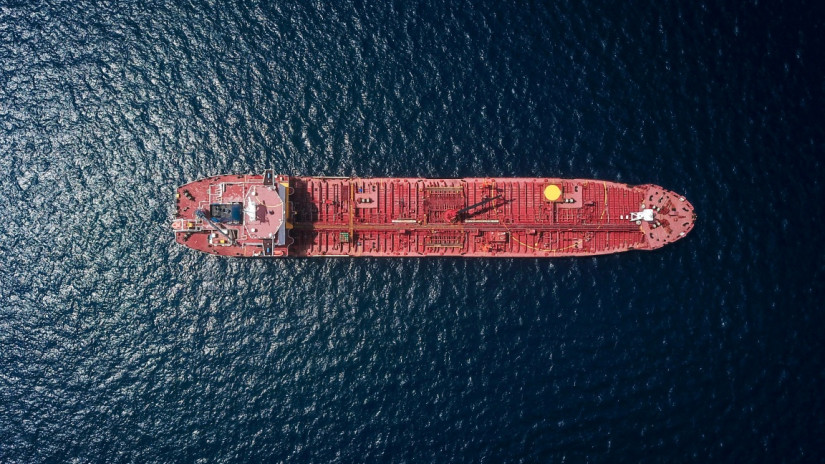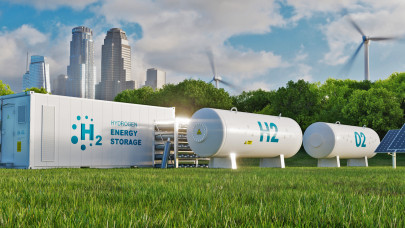In a collaborative effort, the two companies have laid out a comprehensive roadmap aimed at advancing the production and utilization of renewable marine hydrogen. Farwind disclosed that their plan includes sharing advancements in onboard hydrogen management and working together to tackle potential technological challenges while also devising initial usage scenarios.
Farwind highlighted that Ponant's Swap2Zero ship program, aimed at achieving carbon neutrality during operation, will be closely integrated with Farwind's energy ship initiative. Swap2Zero represents a pioneering endeavor in the realm of transoceanic vessels striving for carbon neutrality through cutting-edge technologies, encompassing sailing, maneuvering, port operations, and anchorage. Central to this endeavor is the utilization of wind power, with ongoing exploration into the application of low-temperature fuel cells powered by liquid hydrogen for propulsion.
Regarding Farwind's energy ship technology, the focus lies on generating electricity at sea from offshore wind sources and converting it into hydrogen through seawater electrolysis. This hydrogen can then be transported ashore for use as fuel, or alternatively, refuelling operations can be conducted at sea, thereby expediting the energy transition within the maritime transport sector.
Both partners have committed to a shared objective of commissioning the Swap2Zero project and the inaugural energy ship by 2030, marking a significant milestone in advancing sustainable practices within the maritime industry.











